Workshop Overview:
Titan (with extremely low surface temperatures ranging from 90 to 94 K) represents a tremendous challenge for mission design and implementation, particularly when the scientific goals involve an analysis of the chemical processes taking place. Detailed chemical analysis requires the acquisition and handling of samples without chemically or physically perturbing them in the process. Current state-of-the-art sample acquisition systems demonstrated on the Martian surface (with surface temperatures warmer than 143 K and pressures of 0.01 bar) require elaborate environmental control systems and have only been utilized on solid samples taken at extremely shallow depths. The re-design of sample handling systems for deep exploration of the colder, denser, and more thermally conductive Titan environment becomes prohibitively expensive due to the extreme penalties incurred in terms of system mass and power. Furthermore, the process of acquiring a complex sample from Titan's wide-ranging environments (lakes, dunes, possible cryo-volcanoes, and atmosphere) and transferring it to the warmer spacecraft interior inherently induces physical and chemical alteration of the sample.
We will formulate revolutionary technology breakthroughs that will enable the development of sample acquisition systems and relevant instruments capable of in-situ operation during NASA's missions to extremely cold environments, with Saturn's moon Titan as the exemplar. Identifying these technologies will be the focus of our proposed KISS Study Program. Our program has the potential to develop innovative ideas for future space missions based on our strategy that includes a unique cross-fertilization of key experts from multi-institutional backgrounds: Caltech, JPL, industry, and other academic institutions. The workshops, study period, and opportunities for junior members of the community are aimed to specifically promote and benefit JPL-Caltech-external collaborations.

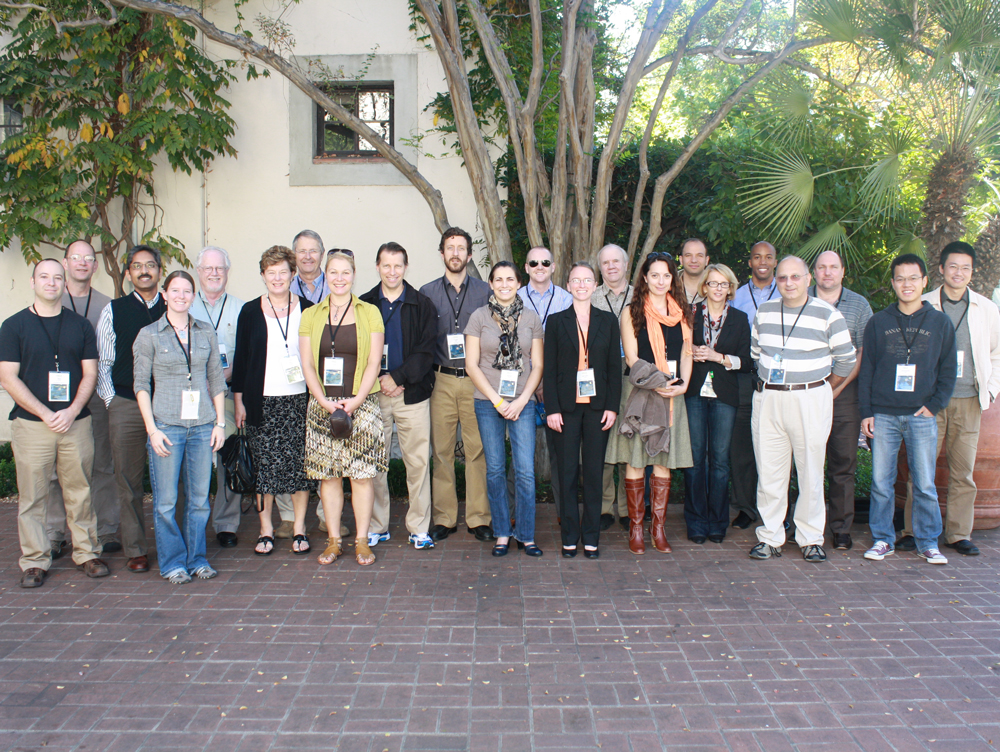

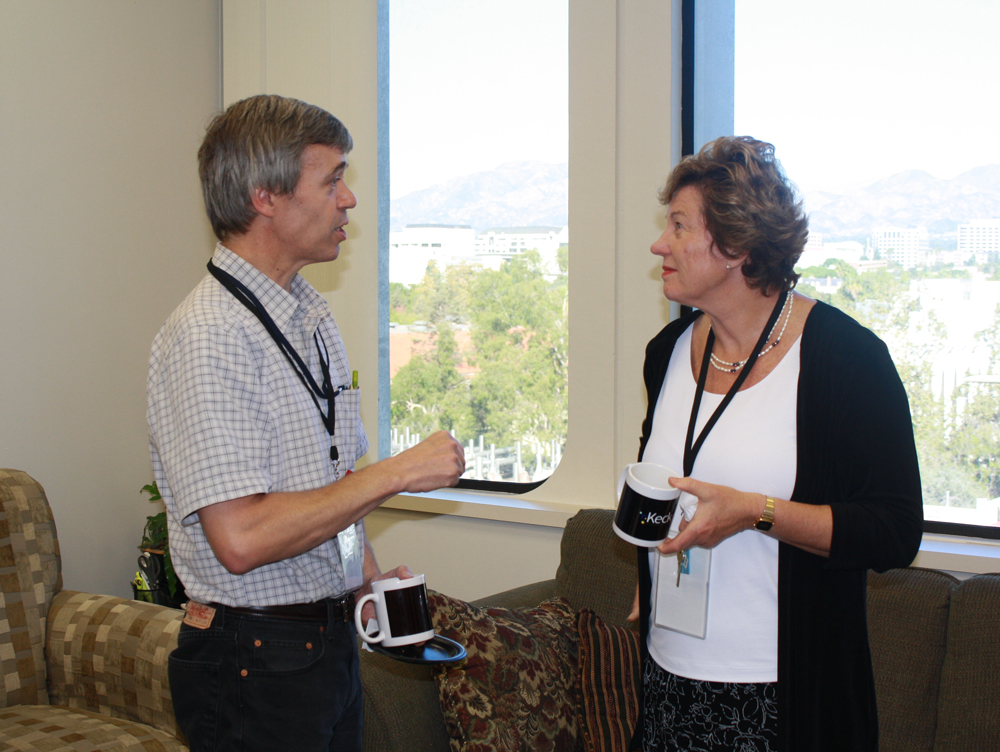

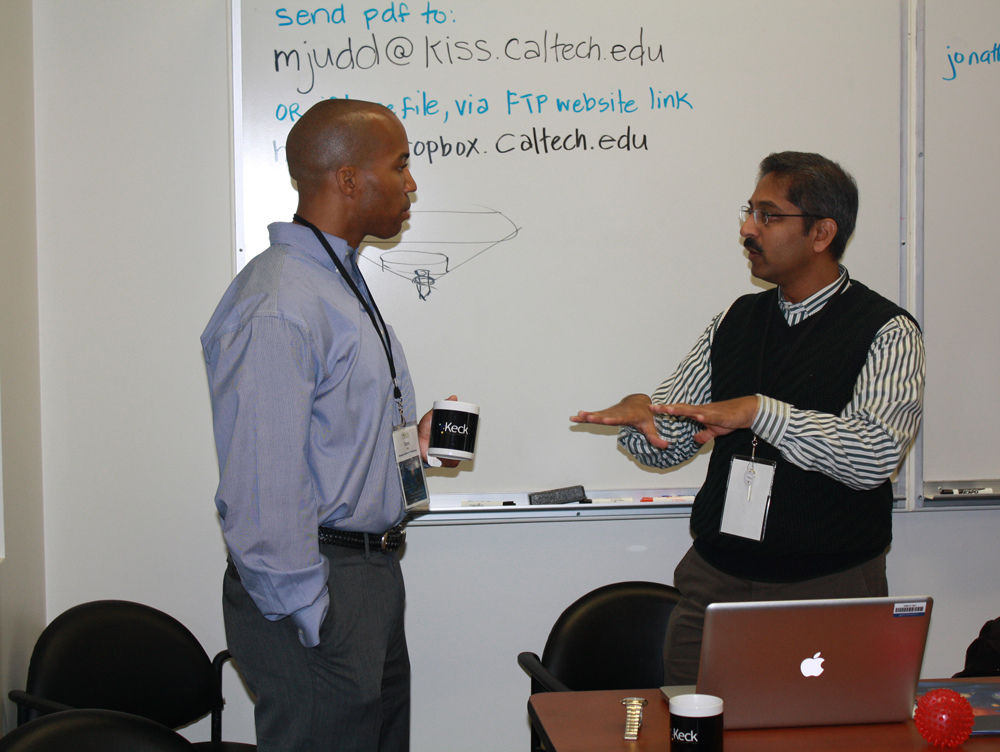

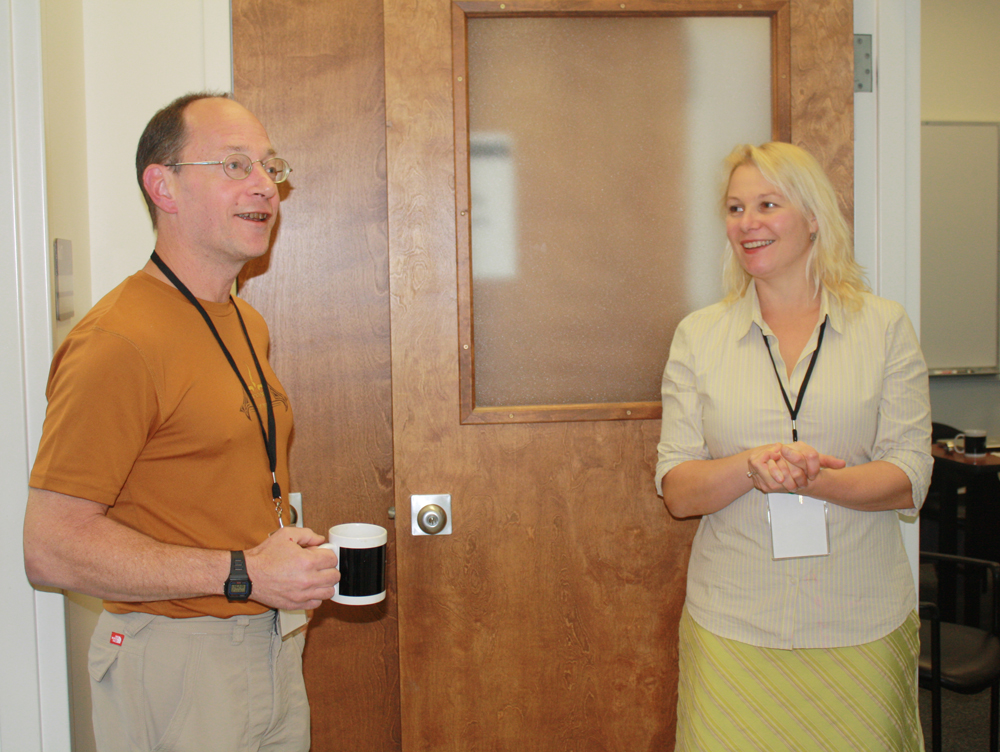

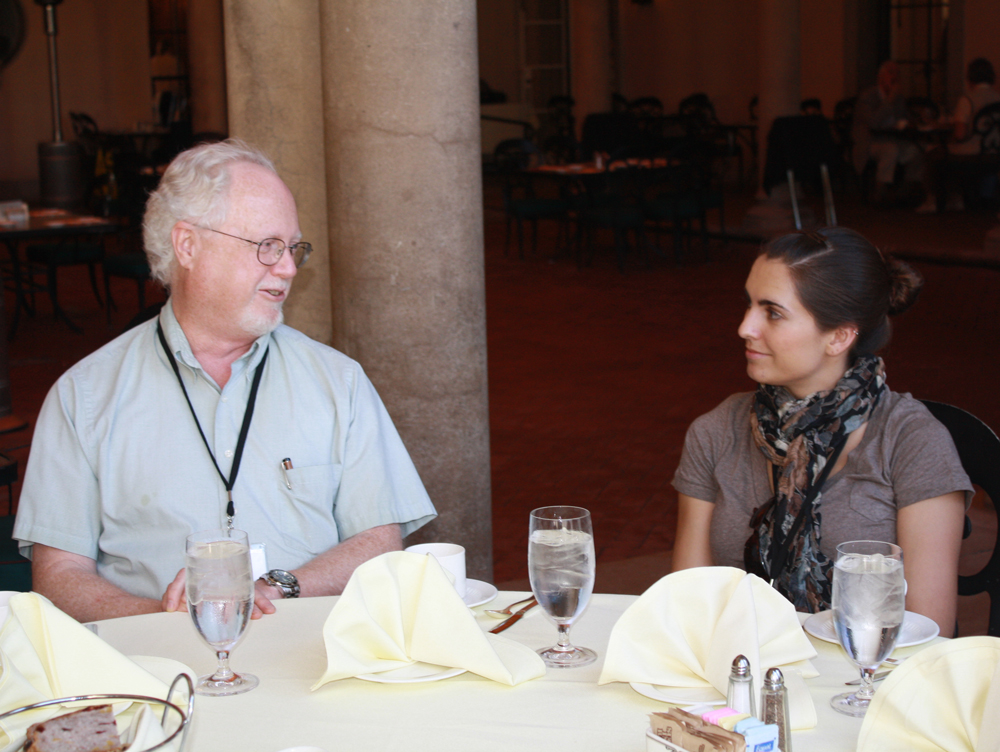

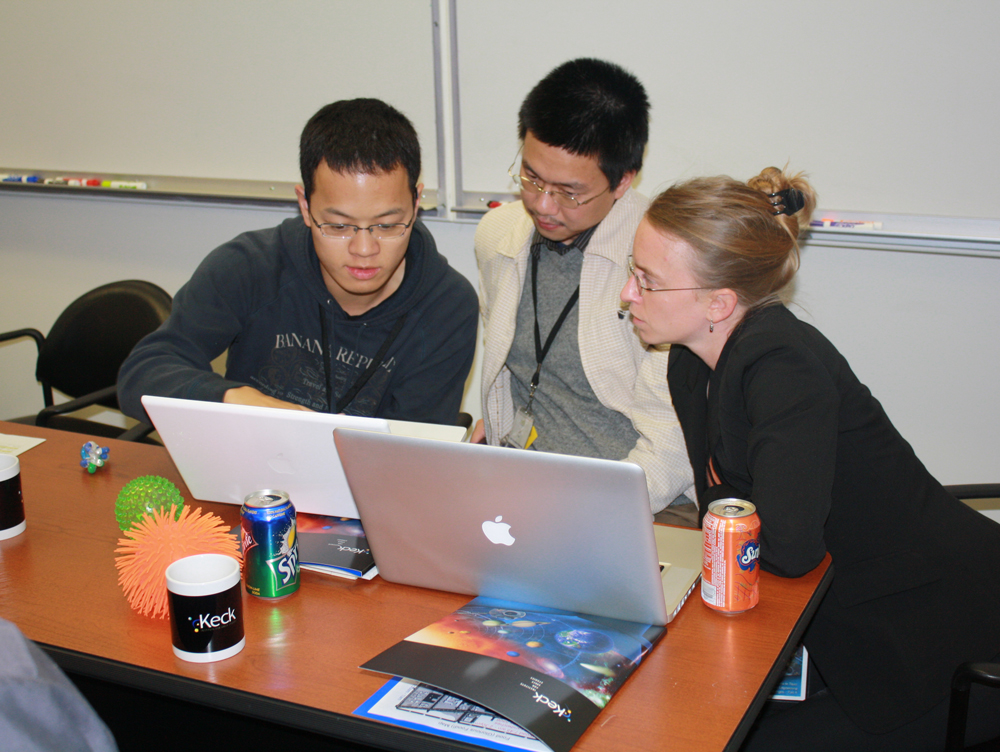

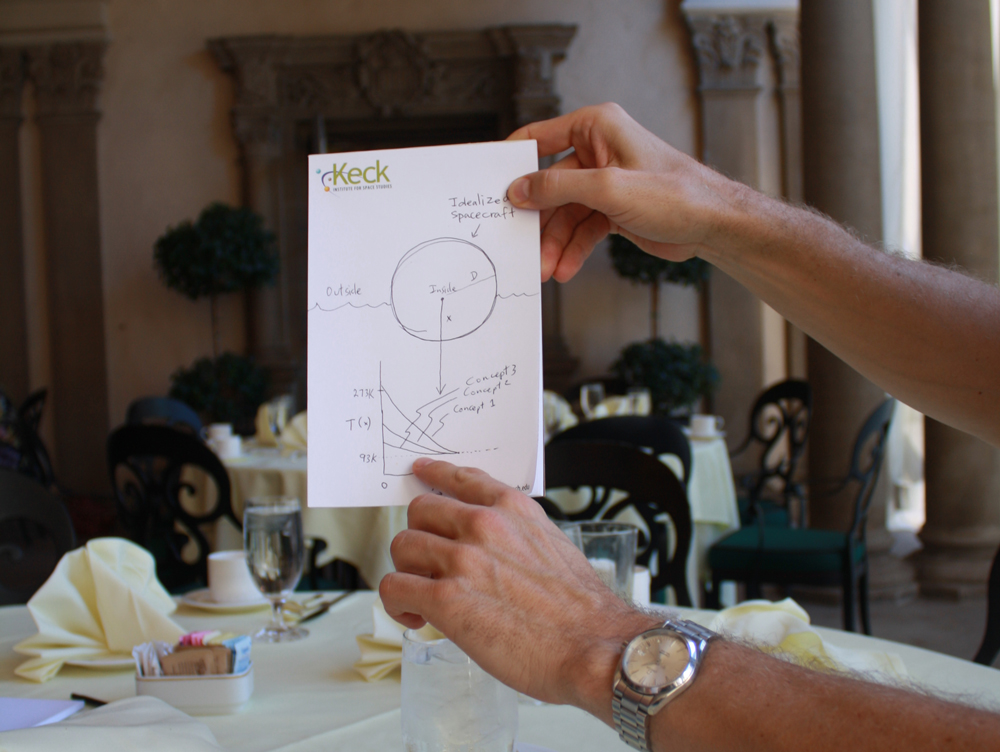

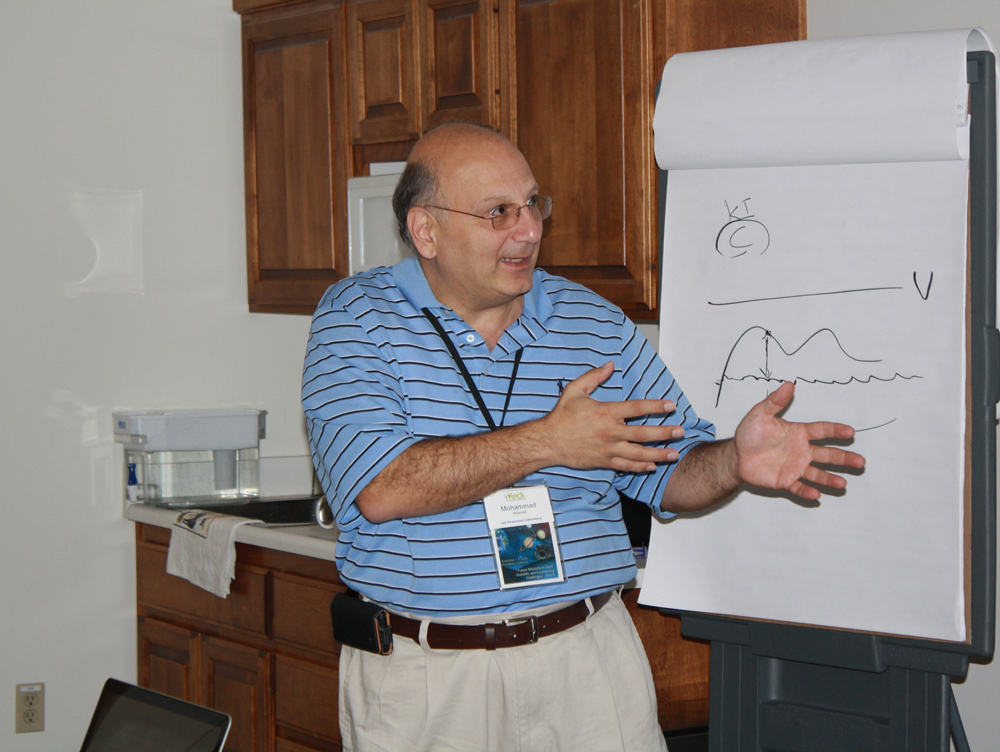

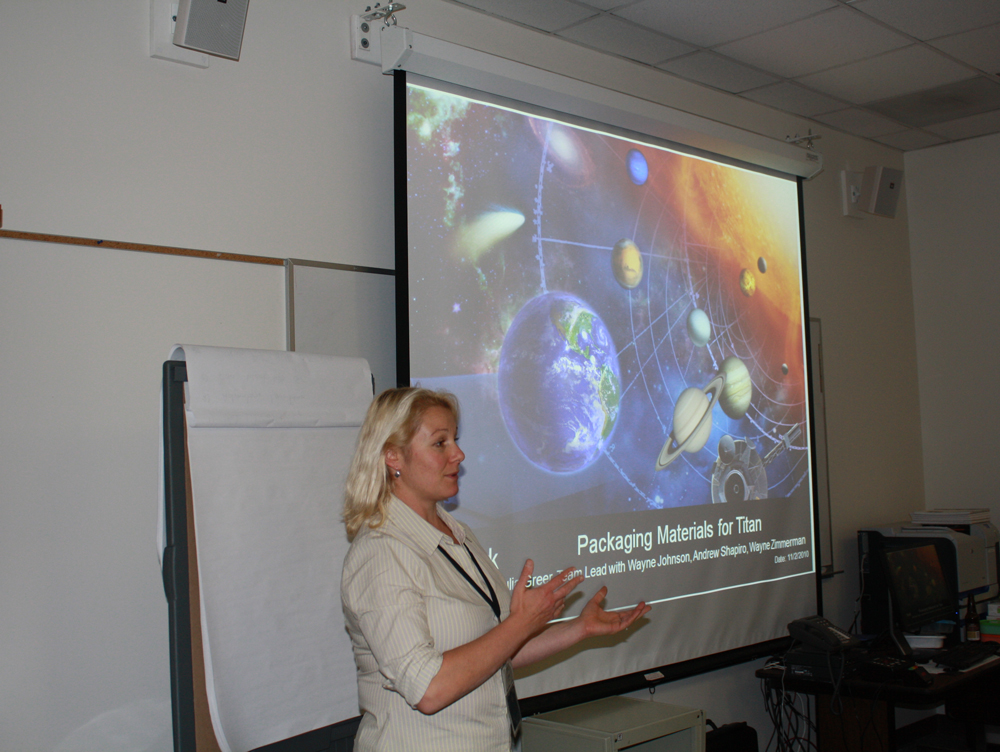
.jpg)
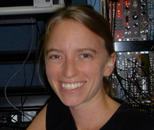
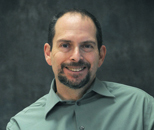
.jpg)